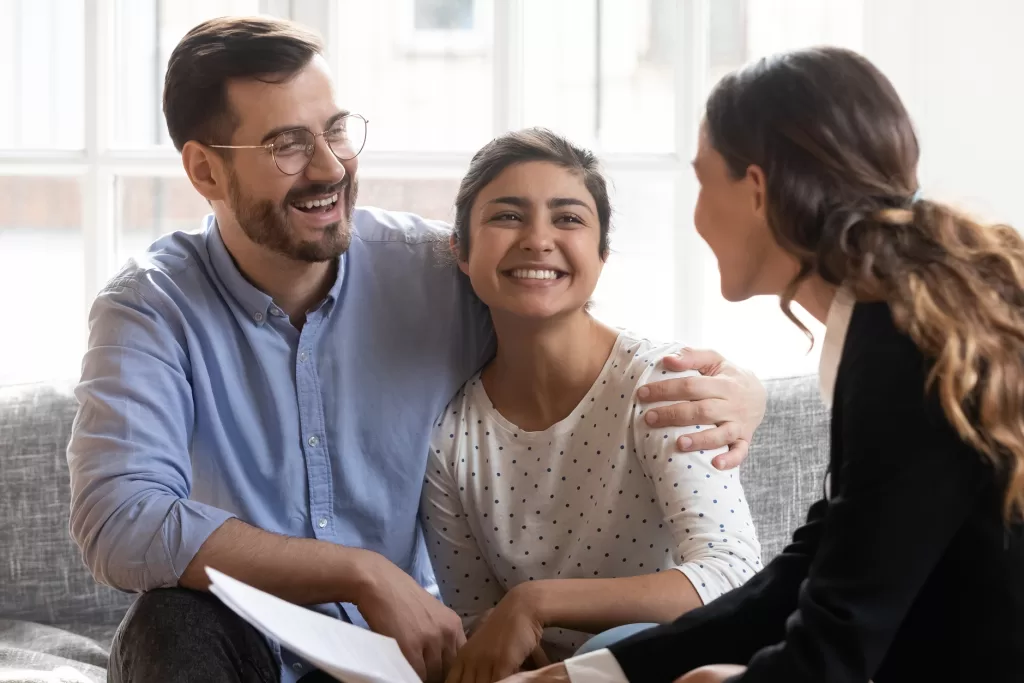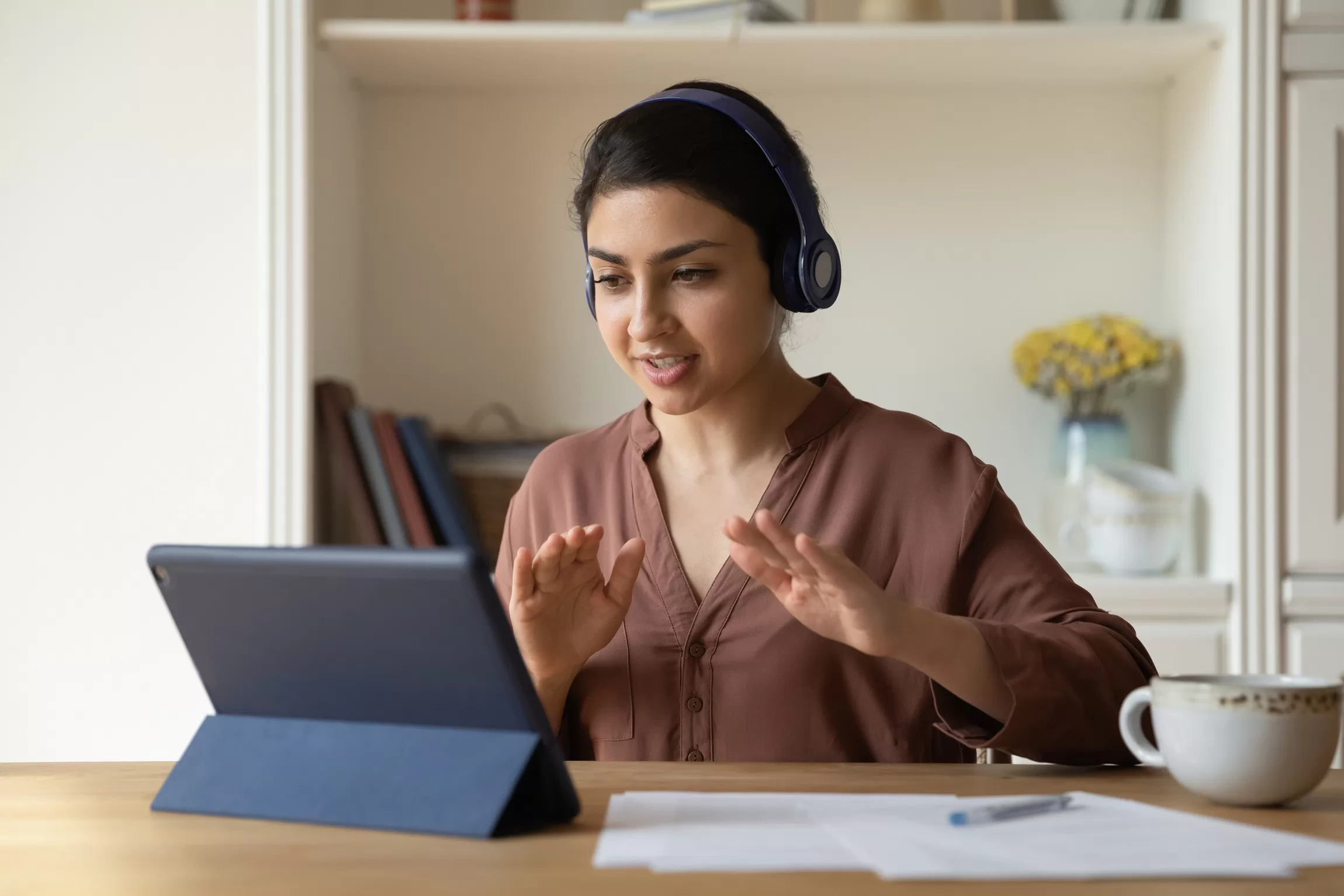Uncovering the Benefits of Relationship Counselling: How it Can Help Strengthen Your Bond

The phrase “relationships are difficult” has become a cliche. However, it is also true. Even when people get along well, stress and everyday life can cause conflicts that appear difficult, if not impossible, to resolve. Relationship counselling can help people work through their issues, move past them, and become better partners overall.
What Exactly is Relationship Therapy?
Relationship counselling, also known as couples counselling or couples therapy, is a type of psychotherapy to help people improve their relationships. Couples can work with a therapist to talk about problems in their relationship, improve how they interact with each other, and solve problems.
Relationship counselling is frequently used to address problems, but it can be beneficial at any relationship stage. Counselling that improves communication and connection can benefit people even in healthy, happy relationships.
When Should You Seek Relationship Counseling?
Many believe that relationship counselling should only be sought when a separation or divorce is imminent. However, this is frequently too little, too late. You should start seeing a therapist when your problems get in the way of your daily life. Here are some indicators that you should seek advice:
- You have difficulty expressing your feelings to one another
- You have one or more unresolved disagreements
- There is withdrawal, criticism, or contempt in your interactions
- A stressful event has shaken your daily life
- You have difficulty making decisions together
- You have experienced infidelity, addiction, or abuse
Some couples go to therapy right after they get married, even if there aren’t any apparent problems, to build a strong foundation and stop serious problems from happening. Counsellors can assist you in becoming better communicators, developing strong relationship skills, and increasing the happiness of your family.
Remember that the average couple waits six years before seeking counselling. This is a long time to let problems fester; troubled relationships are difficult to save. Instead, it is preferable to recognise problems early and seek therapy as soon as possible.
Relationship issues are not just limited to romantic ones, even though this is the most common reason people seek relationship therapy.
Cohabiting couples, people in non-monogamous relationships, and LGBTQ+ people can all benefit from relationship therapy.
It can also help siblings who are dealing with family issues, as well as business partners.
Counselling for Premarital Situations
Premarital counselling is a therapy that helps couples prepare to make a long-term commitment. This type of counselling helps couples develop a strong and healthy relationship before marriage and identify potential problems that may lead to problems later.
Premarital counselling may address the following relationship issues:
- Communication
- Family relationships (such as in-laws)
- Finances
- Parenting decisions, such as whether or not to have children and parenting style
- Roles and responsibilities
- Sex and love
- Values and beliefs
This type of relationship counselling can help to set realistic expectations and develop healthy communication skills, which can help a marriage get off to a good start.
Where Can I Find a Relationship Therapist?
Various professionals can provide relationship therapy, including clinical psychologists, addiction counsellors, family therapists and licensed counsellors.
Although most people’s first instinct when looking for a therapist is to search the internet, asking for references from people you know is also an effective way to get started. If you live in a city, there are hundreds of qualified therapists, which can be overwhelming.
If you can’t get references from people you know, there are many other options, such as professional online directories, such as Practo, to find a qualified therapist. You can even seek online relationship counselling if it is more convenient for you and your partner.
Your relationship with your therapist can have a big effect on your life, so make an informed choice.
Online Relationship Counseling
Online counselling can be an excellent alternative if traditional face-to-face therapy isn’t working for you and your partner. There are several reasons why you should try online therapy, such as convenience, saving travel time and if you and your partner live in separate cities.
Online counselling could benefit people in long-distance relationships or who are apart and thinking about breaking up for good. Online therapy services allow both partners to participate, even if they live apart.
You travel a lot for work. People can benefit from counselling regardless of how busy their schedules are or where they are.
For some people, face-to-face therapy can be difficult, uncomfortable, or even anxiety-inducing. Relationship counselling can be made more accessible through the use of web-based solutions.
What You Can Expect
The first few sessions will be devoted to your background and the problems you’ve come to solve. Be prepared to answer questions regarding your relationship, parents, childhood, and previous relationships. Your therapist may want to spend some time talking to everyone together as well as to each member.
Your therapy will proceed according to your counsellor’s style and therapeutic approach.
How to Make Relationship Therapy Work
Effective therapy depends on the counsellor’s skills and experience, and the couple’s willingness.
You can do numerous things to improve the effectiveness of your relationship counselling:
- Be truthful: We sometimes lie because we don’t want to be judged. However, your therapist’s job is to assist you rather than to judge you. Maintain your integrity, even when it is difficult.
- Preparing for Discomfort: Therapy can be uncomfortable because you discover new truths about yourself and your partner, and not all of them will be pleasant. To work on yourself, you must sit with your pain and admit that you need to grow and improve. Your therapist is there to assist you, but it is ultimately up to you to do the work
- Pay Attention to Your Partner (s): It is critical to listen to what others say, whether you are doing relationship therapy with one person or a larger family group. Staying on the defensive and attempting to respond to everything others say about your behaviour will make things more difficult for everyone.
- Put in the effort: Therapy occurs both during and between sessions. In between appointments, your counsellor may assign you homework or ask you to experiment with new communication and interaction patterns. It will take time and effort, but it will be worthwhile.
In the end, the work that all members in the relationship put in makes a difference in the therapy’s outcomes.
Don’t expect the therapist to be a wizard who magically solves all your problems. Consult early, participate honestly in the process, and complete the work.
If Your Partner Is Opposed to Therapy
Even if you believe therapy will help your relationship, your partner may be unwilling to participate. So, what are your options in this situation? It is critical to remember that you cannot compel your partner to attend counselling. All you can do in the end is see a therapist and work through the issues you’re dealing with as an individual.
A Message from Hope Trust
Counselling may be beneficial if you are experiencing difficulties in your relationship. A therapist will help you and your partner discover the root causes of your issues, find new ways to communicate and strengthen your bond.

Working together, you and your partner can strengthen your relationship and resolve conflicts. You could also try online therapy, which is convenient and highly beneficial. Hope Trust has over 25 psychologists, psychiatrists and addiction therapists. Apart from counselling, they also offer personality assessments, parenting advice and career counselling.
For an appointment, call 90008 50001 or click www.hopetrustindia.com for an online or in-person session with a professional.